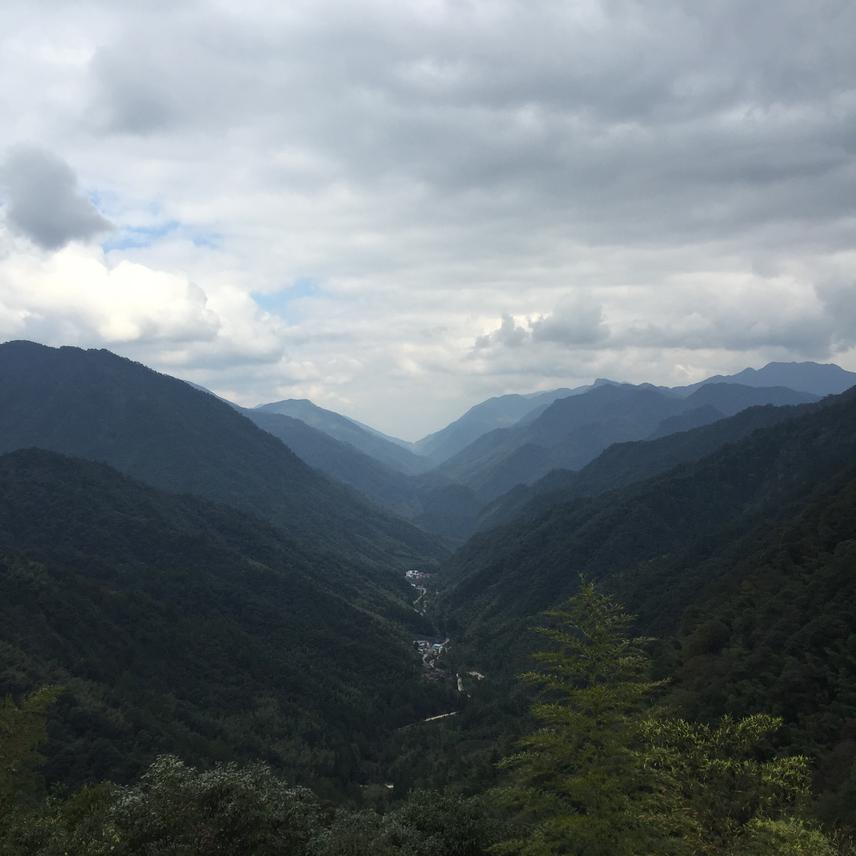Weiye Wang
Other projects
19 Nov 2018
Conservation Practice through Private Acquisition in China - Case From Laohegou
To deepen understanding about the impacts of ecotourism development and resettlement on local people’s livelihoods in protected areas in China.

The establishment of protected areas (PA) has been seen as a useful method to keep biodiversity. However, the establishment of PAs has resulted in mixed outcomes to local people, typically by denying or greatly restricting their access, withdrawal, and management rights to resources (Wright et al., 2015; Colchester, 2004). The establishment of PA significantly increases the economic opportunity costs, leading to economic hardships, impoverishment and social problems (Norton-Griffiths & Southey, 1995; Colchester, 2004;). Evicting local people from their homelands without prior informed consent or any negotiation is another pain in the establishment of PAs; but in recent years, with the recognition of legitimate rights to land, resettlement has tended to be voluntary (Schmidt-Soltau & Brockington, 2007).
In pursuit of reducing reliance on natural resources and improving the well-being of local people, alternative livelihood project (ALP) is one intervention conducted in many places around the world (Wright et al., 2015). Ecotourism development is one of the ALPs, usually taking place in nature surrounding, often closely associated with protected areas, and in principle, it has a small ecological footprint and has been seen as a strategy to protect the environment as well as empower local community (Almeyda et al., 2010). Ecotourism development can cause a new cycle of immigration: local people who get rich during the process of ecotourism development may start to migrate to cities, people from other places may attracted to move in due to the new job opportunities created by ecotourism.
This study focuses exploring when ecotourism development and resettlement happened:
1) What changes are local people experiencing?
2) Which factors impact on people’s livelihood strategies and outcomes?
3) How are rights reallocated in the process?
The objective for this study is to deepen understanding about the impacts of ecotourism development and resettlement on local people’s livelihoods in protected areas in China. In order to understand these questions and achieve the objective, sustainable livelihood theoretical framework will be used. Photovoice and semi-structured interview methods will be used with purpose sampling strategy in Jiuzhaigou Biosphere Reserve and Shennongjia National Nature Reserve in China.